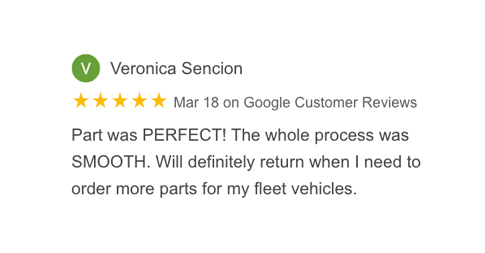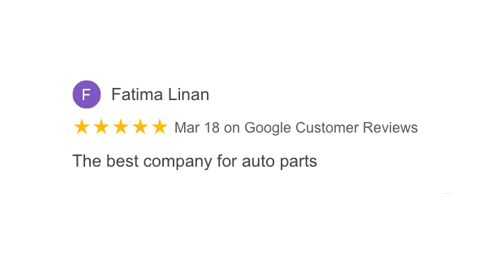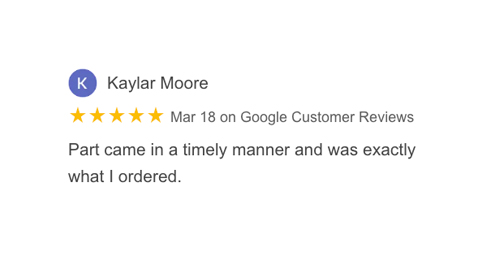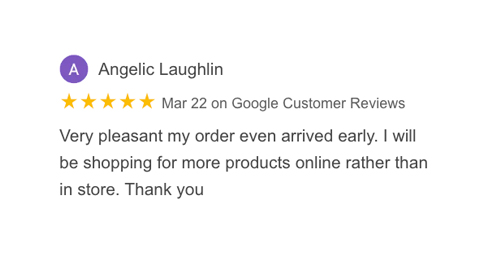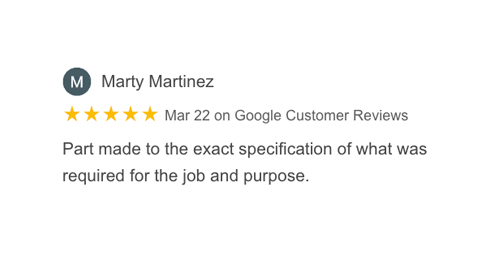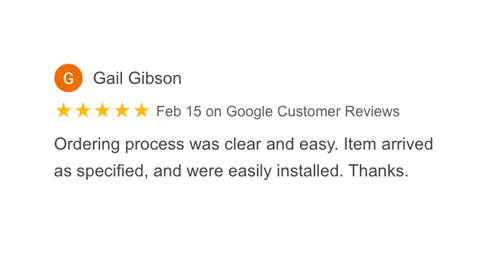Trying to find out what’s causing the strange noises from your vehicle can be like solving a complex puzzle. For example, it can be hard to distinguish wheel bearing noise from tire noise since they can sound alike.
While going to a mechanic is the easiest way to determine which component is making unusual noises, there are some things you can do to help pinpoint which parts may need attention.
Is It Tire Noise or Wheel Bearing Noise?
Wheel bearing and tire noises can be hard to differentiate but there are ways to help you pinpoint the source of the sound. But be warned: some of these noises even befuddle experts.

Here are some things you can try to identify which part is making noises:
Test Drive Your Car
Have a passenger ride in the rear during a test drive to check where the noise is coming from. You’ll have to confirm if it’s coming from the wheel area or other parts of your vehicle, like the engine. You can also check to see if it is mirrored by engine speed or seems to be road-speed related.
Take note that wheel bearing noise is not always consistent, but may change with speed, during turns, or while applying the brake. Likewise, tire noise can come and go in much the same way.
Raise Your Vehicle and Spin the Tires
Once you’re quite sure that the noise is coming from the wheel area, you can raise your vehicle using a jack. Make sure that the vehicle is supported by jack stands for your safety.
Spin the tires to check if the bearing is making a noise. But realize that some bearing noises will only be present if the weight of the vehicle is sitting on the bearing, so just spinning the tire might not tell you anything. While you have the tire where you can spin it, carefully inspect it and look at the tread while it’s spinning to see if you notice anything unusual.
Inspect the Condition of Your Tires
Check your tires for cupping or sharp edges, which may cause growling or grinding noises while driving. If you spin the tires in the air and see the tread lines making lateral movements, or if the car seems to be waddling back and forth during slow parking lot maneuvers, suspect belt separation in a tire.
Cupping may also be a sign that your vehicle has suspension problems. Take your vehicle to an auto repair shop right away once you notice any signs of uneven tire wear.
If you spin the tires in the air and see the tread lines making lateral movements, or if the car seems to be waddling back and forth during slow parking lot maneuvers, suspect belt separation in a tire.
–Richard McCuistian, ASE Certified Master Automobile Technician
Check Your Wheel Bearings
If your tires seem to be in good condition, you can go ahead and check the condition of your wheel bearings. Check for wheel bearing play by rocking the wheel or tire assembly. But note that sometimes you won’t notice any movement even if the wheel bearing is noisy.
Common Tire and Wheel Bearing Noises and What They Usually Mean
Here are some of the common sounds associated with a wheel bearing and/or tire issue:
Knocking or Thumping
A knocking or thumping noise may be caused by a tire wear pattern that happened while the vehicle was driven a long way with the vehicle needing an alignment.
A wheel bearing may cause similar knocking or thumping noises.
Humming or Growling
A humming or growling noise that becomes louder during acceleration is usually associated with a bad wheel bearing.
Tires with chopped tread may also produce a similar humming noise.
To determine which part is causing the noise, turn your steering wheel left and right while driving. If the noise gets louder while turning, faulty wheel bearings are the likely culprit.
Squealing or Grinding Noise
A squealing or grinding noise that worsens during acceleration is a tell-tale sign that your wheel bearing is bad. If the noise is steady, you’re probably dealing with a tire-related issue. Underinflated or misaligned tires may produce a vaguely similar noise, except that tires won’t squeal unless you’re doing a jackrabbit start or rounding a corner too fast.
Could Both Wheel Bearings and Tires Be the Culprit?
Yes. In some instances, a bad wheel bearing can cause uneven tire wear, resulting in combined noise from both components.
If you’re unsure of what’s causing the noises, you might want to look at other symptoms associated with a tire or wheel bearing issue.
What Are Some of The Most Common Symptoms of a Bad Wheel Bearing?
Aside from hearing unusual sounds, here are some of the common symptoms of a bad wheel bearing:
- Vibrations
- Steering wheel play
- Uneven tire wear
- Abnormal side pull when braking
- Activated ABS warning light
What Are Some of The Most Common Symptoms of a Worn Tire?
Aside from hearing tire noise when driving, here are some other symptoms of a worn tire:
- Cracks
- Bulges or blisters
- Air leaks
- Tire Pressure Monitoring System (TPMS) warnings
- Excessive vibration
Remember that the steps mentioned above are initial diagnostic measures you can do to help identify potential causes of the noise. If you don’t have the tools and advanced technical know-how, it’s always best to contact a trusted mechanic. A professional will be able to conduct thorough inspections, use the proper tools, and provide a conclusive diagnosis.
Where to Get New Wheel Bearings and Wheels for Your Vehicle
Whether the troubling sound is coming from your vehicle’s wheel bearings or its wheels, it’s best to address the issue right away. Not only will it give you more peace while driving, getting rid of the noise gives you more peace of mind as well. Noises can point to other issues from those parts after all. If you need a new set of wheels or wheel bearings, you can check CarParts.com.
CarParts.com has a wide range of parts from trusted aftermarket manufacturers. We offer these parts at different price points to suit various budgets. To help you order online with confidence, all of our parts come with a price match guarantee. If you see any of the many parts on our site on a competitor’s site for cheaper, we’re happy to match or beat their price on the spot. That’s why purchasing parts from us is worth it.
Don’t allow the loud noises from your vehicle’s wheels or wheel bearings to continue. Order a new wheel and tire package or wheel bearings from CarParts.com today.
Need Tires? Here’s the Easiest Way to Buy

Enjoy the ultimate convenience when it comes to your tire shopping experience at CarParts.com with SimpleTire. Not only can you find tires that fit your vehicle and requirements, but you can also schedule their installation in a local shop or at your home by an expert team of mobile installers. On top of that, you can do all this with a few taps on your phone’s screen.
Anyone can use SimpleTire’s intuitive search function. Click the locator on their home page and enter your zip code. After setting your location, SimpleTire will find the nearest verified local shops to ensure fast delivery and give you the best pricing available.
SimpleTire lets you shop for tires by vehicle model or the size, brand, or type of tire you want. The more, the merrier—purchase four or more tires to get roadside assistance all day. And to set your mind at ease even further, SimpleTire provides tire replacement coverage for free.
So, what are you waiting for? Make CarParts.com and SimpleTire your first and only stop for competitively priced tires and reliable installation services at your preferred location. Visit us now and get great discounts with our sales promo for even more savings!
Any information provided on this Website is for informational purposes only and is not intended to replace consultation with a professional mechanic. The accuracy and timeliness of the information may change from the time of publication.


